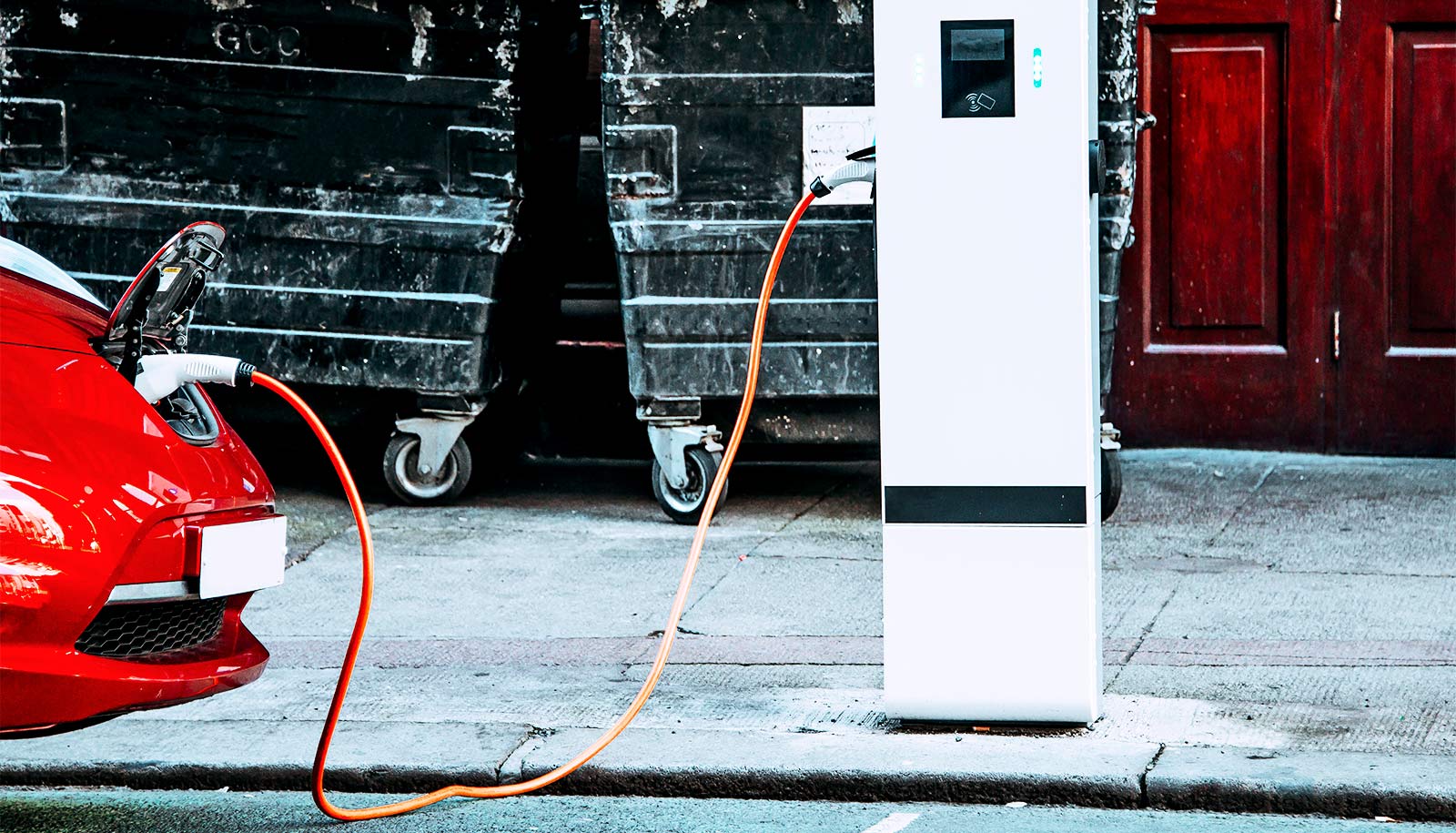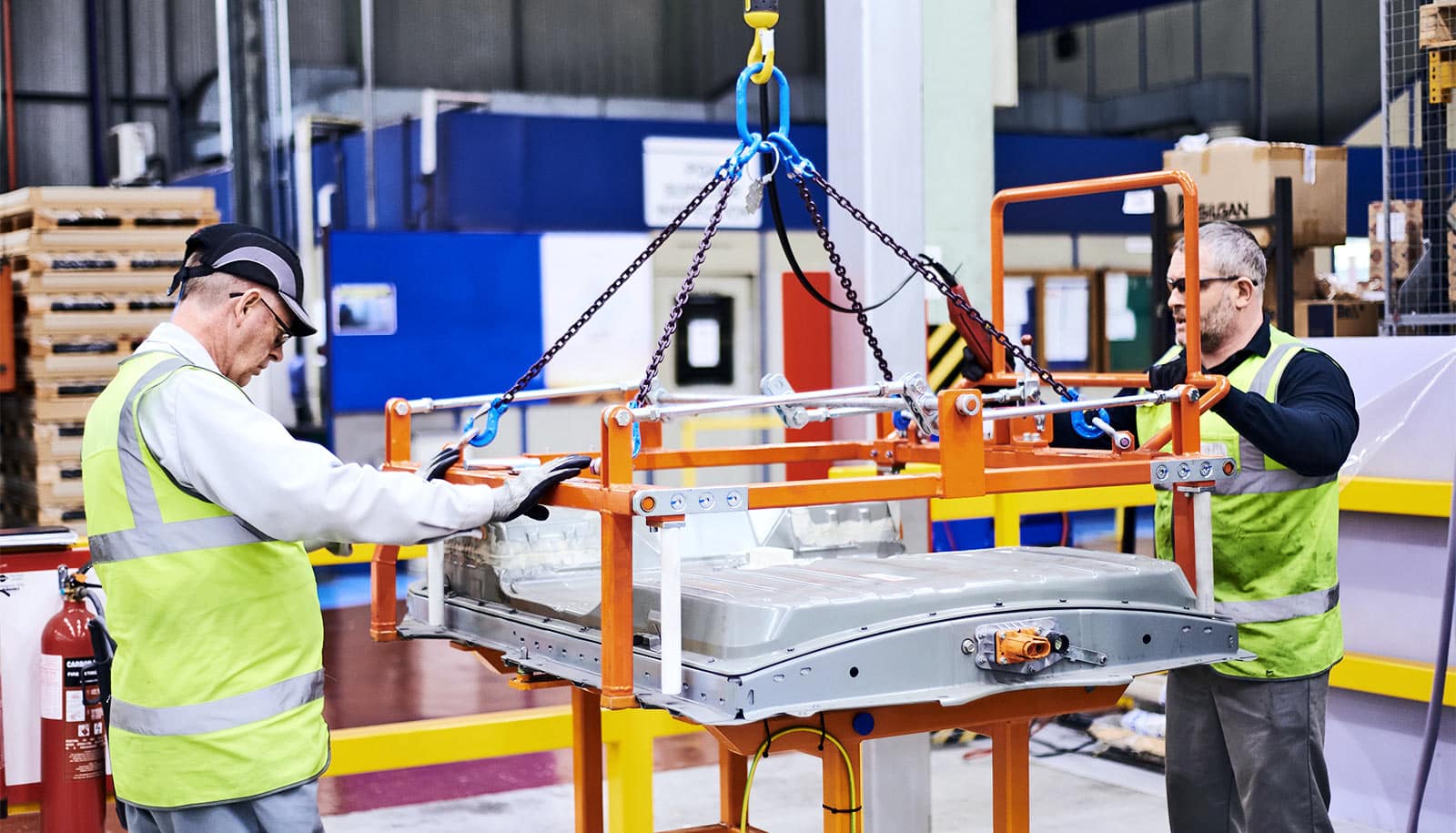A new lithium-ion battery for electric cars is safe, has high power, and can last for a million miles.
Electric car batteries typically require a tradeoff between safety and energy density. If the battery has high energy and power density, which is required for uphill driving or merging on the freeway, the chance exists the battery will catch fire or explode in the wrong conditions.
But materials that have low energy/power density, and therefore high safety, tend to have poor performance. No material satisfies both. For that reason, battery engineers opt for performance over safety.
“In this work we decided we were going to take a totally different approach,” says Chao-Yang Wang, professor of mechanical, chemical, and materials science and engineering and chair in mechanical engineering at Penn State.
“We divided our strategy into two steps. First we wanted to build a highly stable battery with highly stable materials.”
Their second step was to introduce instant heating. About four years ago, Wang developed a self-heating battery to overcome the problem of poor performance in cold climates. The battery uses an electric current to heat up in seconds compared to the hours an external heater required.
By heating the battery from room temperature to around 140 degrees Fahrenheit—60 degrees Celsius—the battery gets an instant boost in reactivity because the law of kinetics is that reactivity increases exponentially with temperature.
“With these two steps I can get high safety when the battery is not being used and high power when it is,” Wang says.
Researchers test the safety of the battery using nail penetration equipment: They drive a nail into the cell causing short circuiting, then monitor the cell for temperature and voltage. The difference in temperature for the passivated cell was 212 degrees F—100 degrees C—compared to a standard battery cell which was 1,832 degrees F—1,000 degrees C, an enormous improvement.
Because the new batteries are built using stable materials, they have a long cycle life. Even at 140 degrees F, their cycle number is over 4,000, which translates to over a million miles.
The team will next develop a solid-state battery, which will likely require heating as well.
The new study appears in Science Advances. The Department of Energy funded the work.
Source: Penn State


